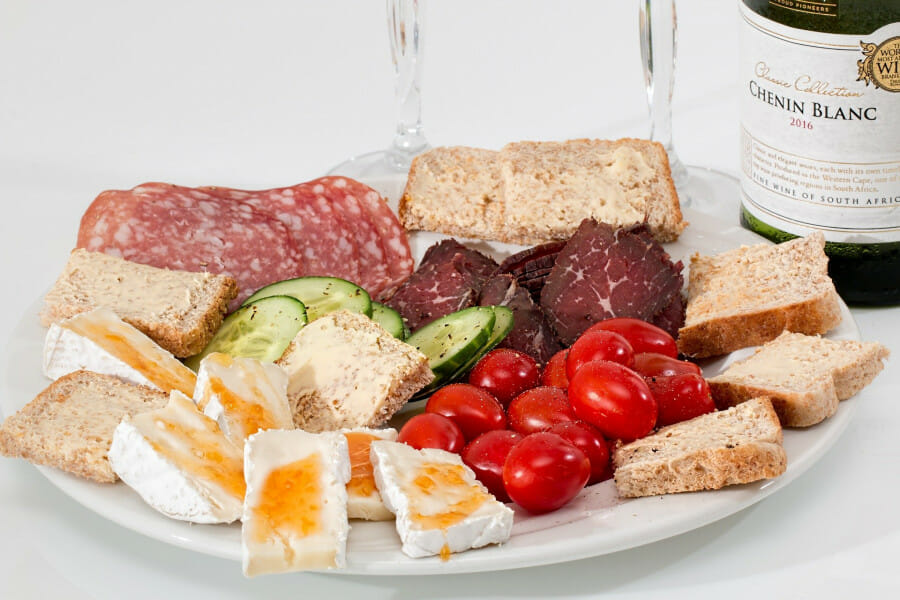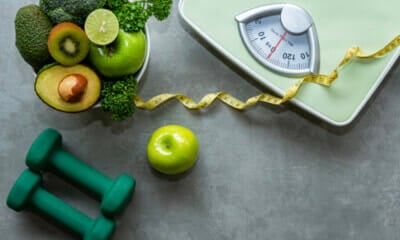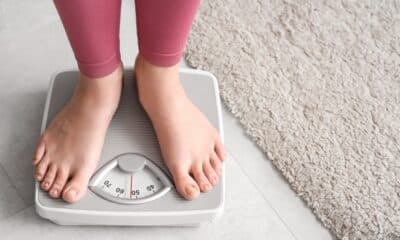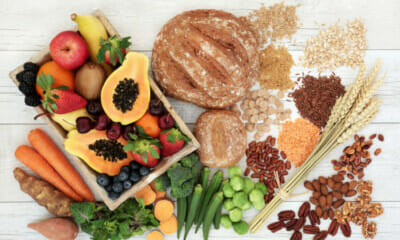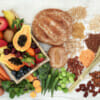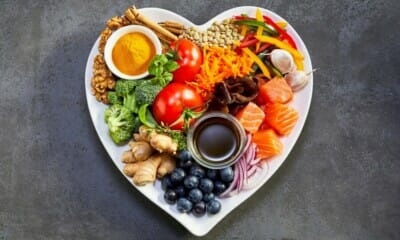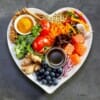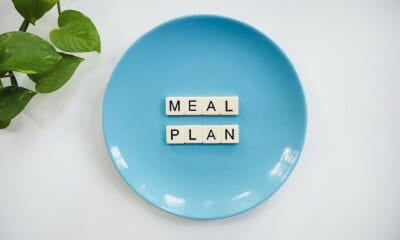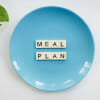Does Protein Actually Lead To Weight Gain?
I was a chubby kid for most of my childhood and later turned out to be a “healthy” teenager. I grew up learning that what goes into our body plays a very important role in shaping your overall well-being and health. And while as children we could live carefree, building healthy eating habits early on has definitely helped me come a long way.
Since my teenage years, I chose to be a vegetarian, while my family continues to be hardcore non-vegetarian. To the surprise, Paneer (cottage cheese), Cheese, Rajma (kidney beans), Chole (chickpeas), and soya bean were my favorites. This also helped me a great deal since I was and continue to ensure that I have enough protein in my meals through these sources. Additionally, topping my food with various foods such as; spinach inside a sandwich, paneer pieces on salads, ensuring to have a glass of milk or buttermilk on daily basis, and most importantly, making a batch of healthy desserts to calm my sweet cravings have kept me feeling fuller for longer hours and avoid junk eating.
One thing that always bothered me as a teenager was that my mother would always restrict me from consuming foods like cheese and peanut butter and claim that they were harmful to my health and the reason for my weight gain. Food misinformation is known to be one of the most under-debated subjects in India today. And due to the vast amount of information circulating in the digital space, misinformation and fake news about nutrition can spread like wildfire amongst people. And Protein is one of the few macronutrients which is subject to several misconceptions.
Right to Protein, a campaign that aims to create awareness and educate Indians about the natural sources of protein foods for everyday consumption, recently commissioned a nationwide survey of over 2000 mothers, to try and understand why protein continues to slip out of our Indian diets. The survey findings have been shocking and reflected on some of the misconceptions that most mothers still believe to be true. Through the survey, it was revealed that only 3 protein-rich foods items were correctly identified by mothers from a list of 11 ingredients. The survey further highlighted that 81% of Indian mothers with kids believed that Dal, Roti, and chawal are enough to meet one’s daily protein requirement.
Additionally, the survey also uncovered that more than 75% of mothers with kids feel that high protein intake leads to weight gain, and this belief is ultimately influencing our daily protein consumption habits to a very large extent.
Protein, which is known to be the building block of our life, helps build muscle, keeps one feeling fuller for longer hours, helps repair tissue, and much more. Besides that, eating enough protein helps to lose less muscle as you shed weight, which keeps your metabolism running. While the recommended daily protein intake stands at 60-90 grams, Indians usually consume only about 10-30 grams of protein each day through their meals. And this gap only continues to increase.
One habit that has personally worked in my favor to ensure my family is consuming enough protein, is by checking my family’s protein score using the Protein-O-Meter, a free online tool to measure your protein score. The tool will asks basic questions on an individual’s body profile, type of lifestyle, and kind of meals consumed at different times during the day and will calculate the average proteins required against the amount consumed on any given day.
I am a strong advocate for ensuring that my meals are balanced and protein sufficient, especially when the focus is to maintain healthy body weight. Eating the right amount of protein does not lead to weight gain – and my journey to health has been the biggest teaching experience here. With so much information and resources available around protein, we must educate ourselves on the right ways to consume this important macronutrient to stay energized and keep off the pounds!

